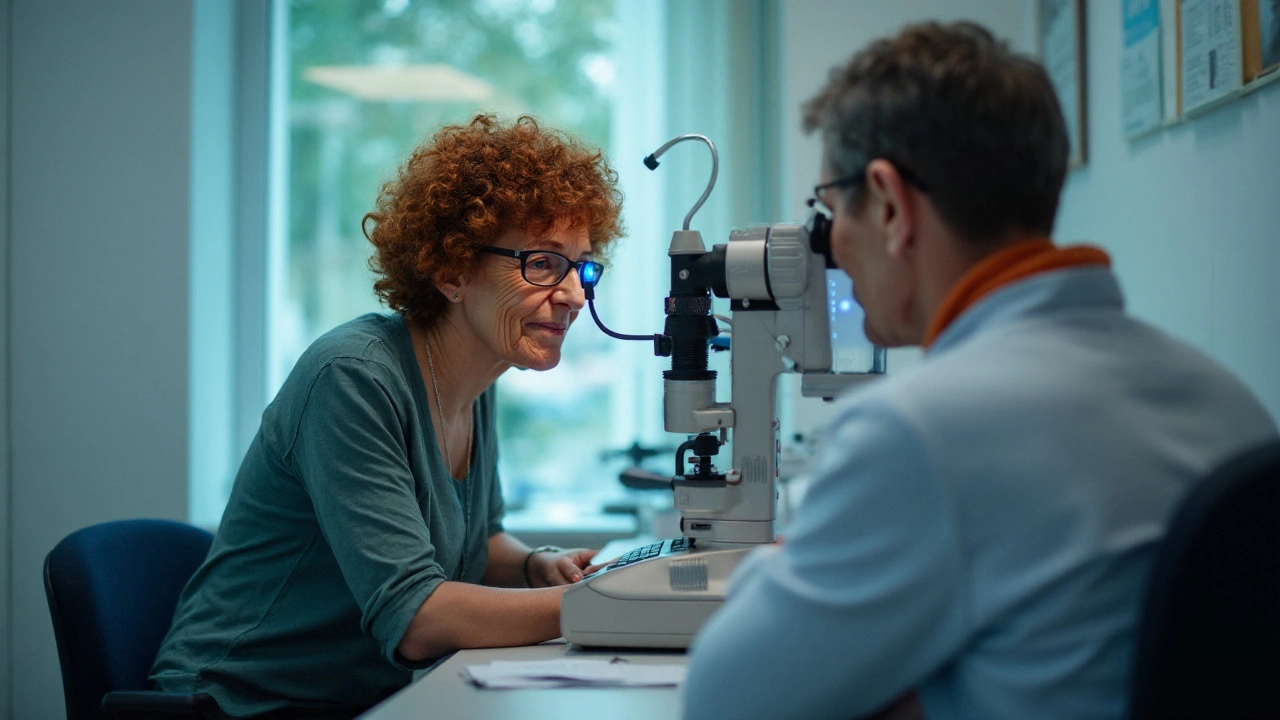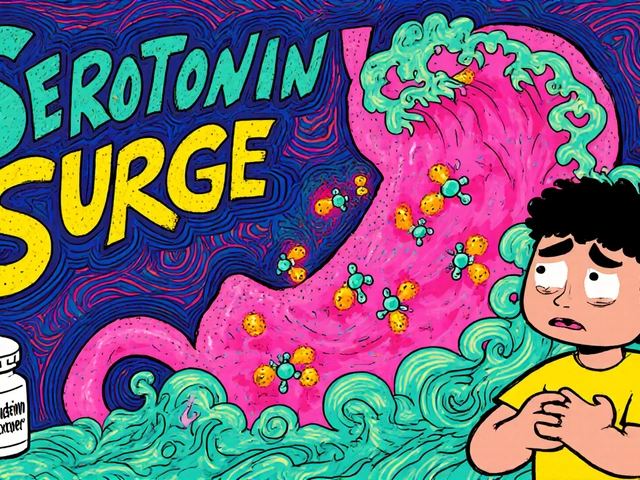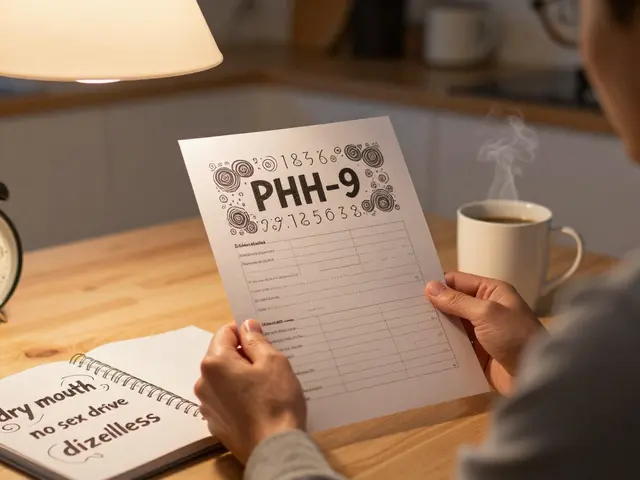
Acupuncture and Eye Health: Practical Guide for Better Vision
If you’ve ever wondered whether tiny needles can do anything for your eyes, you’re not alone. Many people turn to acupuncture when they want a gentle, drug‑free way to support their vision. In this guide we’ll explain the basics, look at the eye problems acupuncture is most often used for, and tell you exactly what a session feels like.
How Acupuncture May Help Vision Problems
Acupuncture works by inserting fine needles at specific points on the body. For eye health, practitioners usually target points around the face, on the hands, and sometimes on the feet. The idea is to improve blood flow and balance the body’s energy, which can help the eye muscles relax and reduce strain.
Common issues people try acupuncture for include dry eye, eye fatigue from screen time, and mild‑to‑moderate refractive errors like nearsightedness. Some clinics also use it alongside conventional treatment for glaucoma or macular degeneration, but it’s never a replacement for prescribed medication or surgery.
Research from a 2023 UK study showed that participants who received weekly eye‑focused acupuncture for eight weeks reported less eye strain and better night‑time vision. The study didn’t claim acupuncture could cure eye disease, but it highlighted a noticeable improvement in comfort.
What to Expect During an Eye‑Focused Acupuncture Session
First, you’ll have a short chat with the therapist about your eye symptoms and medical history. This helps them pick the right points and decide how many sessions you might need. Most people get 6‑10 treatments, spaced a few days apart.
During the session, you’ll lie down or sit in a comfortable chair. The needles are about the size of a hair strand, so they feel like a light pinch or sometimes nothing at all. When needles are placed near the eyes, the practitioner may ask you to focus on a distant object or close your eyes to help the body relax.
Typical sessions last 20‑30 minutes. After the needles are removed, you might feel a warm, tingling sensation around the eyes for a few minutes. That’s normal and usually fades quickly. Most people can go back to their day right away, but it’s a good idea to avoid heavy eye work for the first hour.
Safety is key. Always choose a licensed practitioner who follows UK health regulations. Tell them if you’re pregnant, have a bleeding disorder, or are on blood thinners, because those conditions affect needle placement.
While acupuncture isn’t a miracle cure, many find that it lessens eye fatigue, improves tear production, and gives a calming effect that benefits overall eye health. If you’re curious, give it a try alongside your regular eye check‑ups and see how your eyes respond.
-
5 Sep






